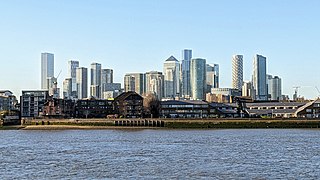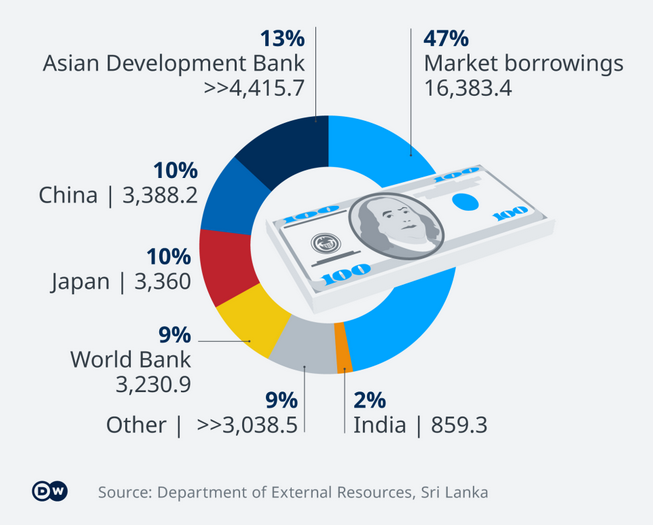It’s hard to remember now, but in the early 2000s, the EU appeared to be the onrushing power. It was gaining new members, who clamored to join, both its economy and the Euro were strong, and it had avoided entanglement in Iraq. Its prestige was high (having nations begging you to let them in their club tends to do that).
What I suggested the Europeans do, at the time, was try and make the Euro into an alternate reserve currency. They also should have increased their military, making them non-reliant on the US in the guise of NATO. Within the EU, steps needed to be taken to stop the abuse of the Euro by Germany as a subsidy for its manufacturing (because the Euro was lower than a pure-German currency would have been) and to allow genuine subsidies in other countries to make up for the disadvantages they would incur as a result of using a Euro — which was priced too high. Aggressive moves towards energy independence would also be necessary, as Europe was –and is — obviously resource deficient.
None of this was done. It appears that EU leaders were comfortable being US subjects, or at least, they didn’t want to challenge it. Germany’s policy towards Russia was trade, sold on the assumption that trade alone would make them good little Europeans, without offering them a path into either NATO or the EU, and with the added insult of allowing and participating in the looting of Russia during the 90s.
As for economic policies like subsidies and some counterweight to German exports, well, that would contravene the neoliberal, technocratic ideology that very much rules Eurocrat elites: the rules are the rules and if your economy gets trashed by them, as Finland and Italy, among others, found out.
In 2008, the Europeans followed the Fed (and, admittedly, everyone else) into a gigantic bank bailout, then spent most of their time since printing money for rich people (a reasonable description of central bank special operations during that era).
Meanwhile, anti-Russia sanctions proliferated, Russia-EU/US relations deteriorated (especially due to to the fight for influence over Ukraine — but that was definitely not the reason), and it all flared into crisis when Russia invaded Ukraine after years of Ukrainian military operations in the Donetsk and Luhansk Republics.
That led to sanctions, which have so far hurt Europe worse than Russia, as the European (and especially German) power grid needs Russia natural gas and coal which they can’t easily obtain elsewhere. Damage to industry has also occurred, and some observers expect it to cost entire German industries and millions of jobs; nor is the rest of Europe unaffected.
The problem now is that a fast move away from natural gas, oil, and coal isn’t possible. Heat exchangers work, but there aren’t enough available. Renewables are great, but transitioning takes time and anti-Xinjiang sanctions mean that 50 percent of the world’s silica supply, along with much of its solar panels, are no longer available.
Meanwhile there’s a heat wave, Europeans don’t have air-conditioning, and live in buildings largely designed for cold weather (with some southern exceptions), and, as everyone loves to say, “Winter is coming.”
Transition is not impossible, but it will take time. It is going to require restarting any nuclear plants which can still work (the numbers do not work without it) and probably building some new nuclear reactors, along with a buildout of various forms of renewable energy. Even moving to imported, and more expensive, US natural gas is not as easy as it seems: it requires infrastructure which does not exist.
Russia, meanwhile, as we’ve discussed before, is restricting natural gas supplies and threatening cutoffs. They can’t buy European goods, and they need the money less than Europe needs gas, coal, and minerals. They are diversifying to the East and South as fast as they can. Add to that to their position as one of the world’s largest grain producers is serendipitous at a time grain production comes under pressure from climate change, and consider that they are capturing a fair bit of Ukraine’s farmland, some of the most productive in the world.
Then there is China. Europe does a lot of business with China and there are massive trade ties. But Europe continues its anti-China rhetoric and keeps putting on additional sanctions against China. China wants the European market, and there are still some advanced items they need to buy from Europe, but political considerations, especially with regards to Taiwan and Xinjiang, may trump such considerations. In particular, it is not in China’s interest for Russia to be defeated or broken up as so many in Europe want, as Russia is a key supplier without which China cannot resist a US naval blockade.
Europe finds itself in a position where it’s scared of Russia and outraged. Eastern Europeans in particular want a complete hardline because they genuinely fear conquest or Finlandization. Without reliable access to Russian resource, Europe is forced to rely on the US and various unpleasant Middle Eastern states and to pay higher prices.
And meanwhile, the simple fact is that transitioning to energy and resources without Russia is hard and will take years. I’d think a full transition, even if done competently, will take a decade or so. Combined with the need for the US in order to stand up to Russia (EU militaries are a joke, Ukraine actually had the largest one), and the Europeans find themselves completely back in US satrapy mode. The US is sending more troops and building bases and that’s how it has to be, if hostility to Russia remains.
Which means that the EU has another task: it has to build its own military, capable of standing up to Russia. This is by no means impossible: Europe is technologically advanced and still has the necessary industry, including world leading aviation, but right now all that is happening is buying more US made weapons and hosting more US troops.
If Europe wants to be anything but a satrapy, it has to fix it energy and resource issues; it has to build a military and it needs to do something even harder—it needs to rethink its ideology, and allow proper industrial policy internally. This is hard to do when it’s dependent on outside resources from a hegemonic power, but if it refuses to do so, it will remain an American satrapy.
How much of this will be done is unclear. Exchanging reliance on Russia for the US may seem like an improvement, but it is still dependence and if Chinese relations sour, the Europeans become “locked in”, with few options.
It’s hard to imagine the current generation of European leadership managing this well, but perhaps they will surprise or, more hopefully, perhaps they will be replaced by more competent politicians.
But overall, it looks like Europe is slowly marching towards its historical norm, less and less important and powerful on the global stage.
A lot, of course, will depend on climate change and who gets hit the worst and handle it the best, but right now Europe looks to be in decline, with an opportunity, if they take it, to use this crisis to come out stronger and less dependent on outsiders.
I hope they take the opportunity.


